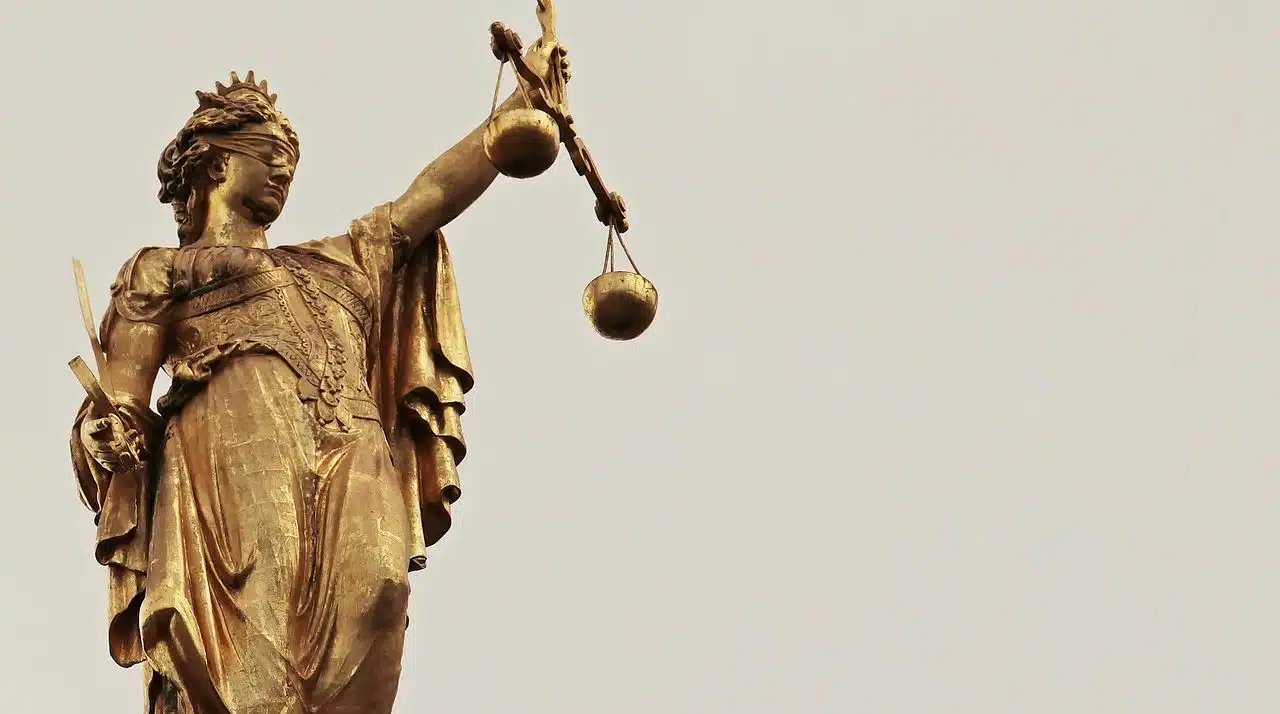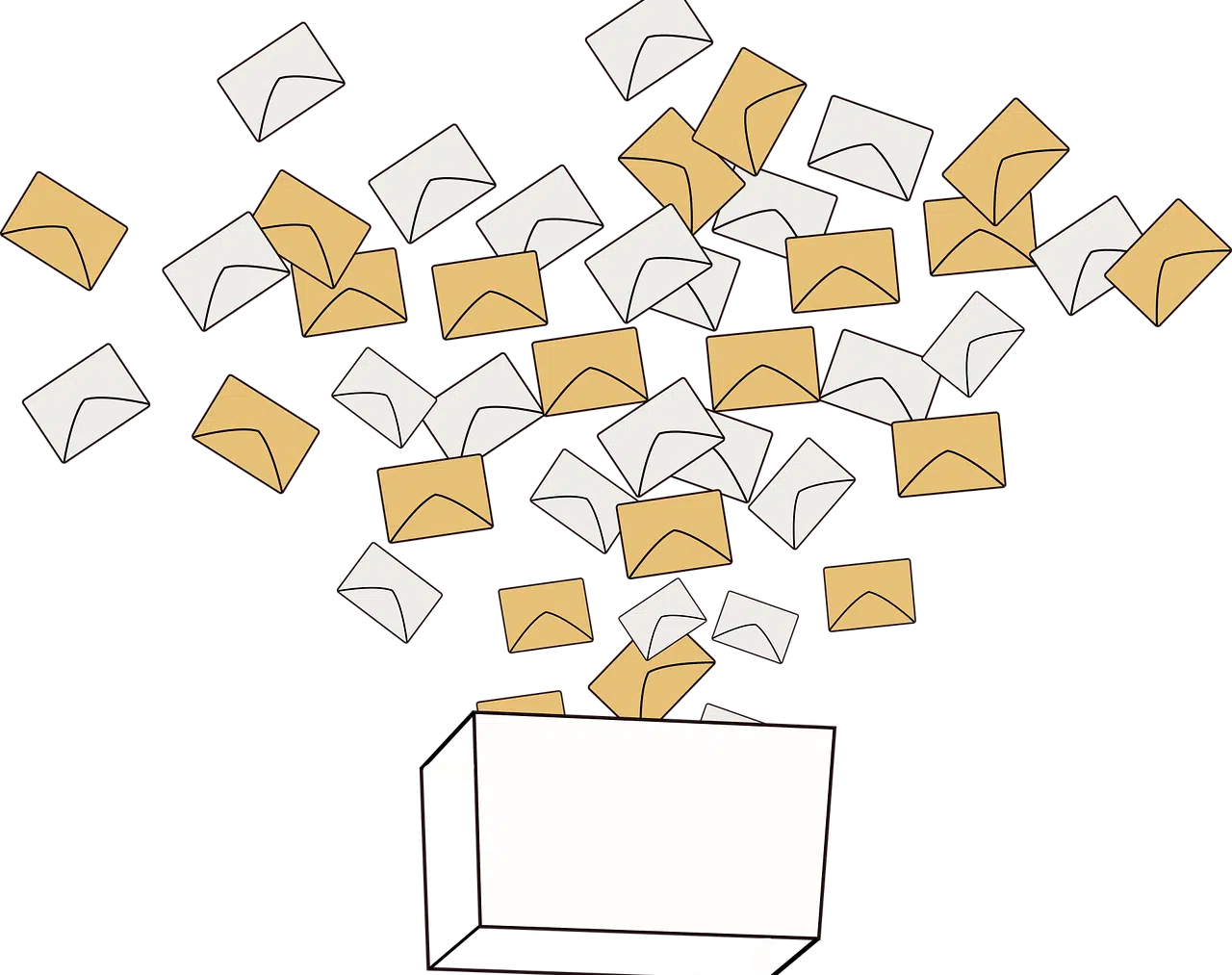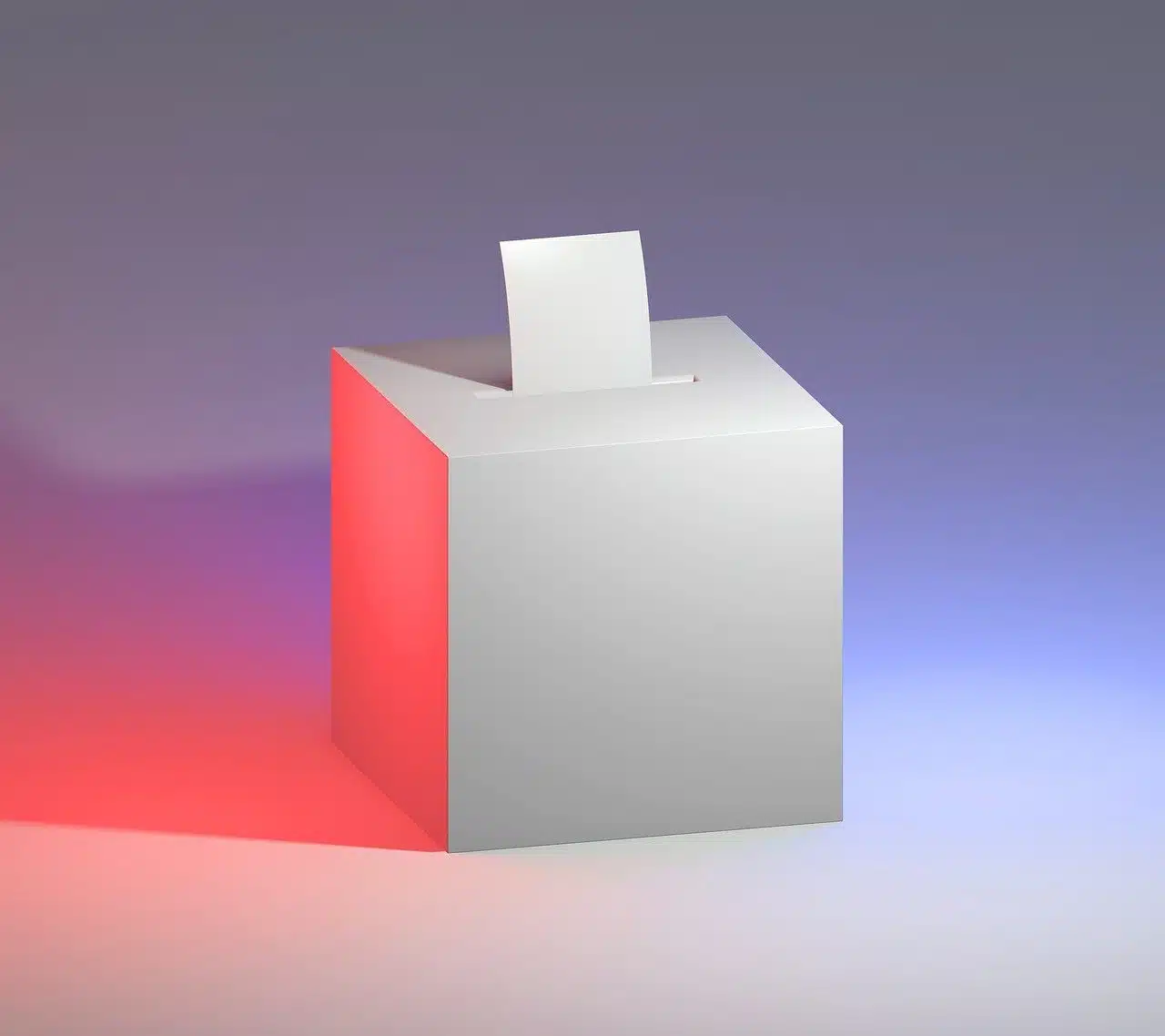
The republics have an independent justice system.
The republic is a form of organization of the State . In the republic, the highest authority performs functions for a specific period established by the Constitution and is elected by the citizens, either directly or through Parliament (whose members are also elected by the population).
By extension, the State that is organized in this way and all non -monarchical regimes are known as a republic. Another use of the term - which comes from the Latin res publica ( "public thing" ) - refers to the political body of society and the public cause (for example: "The corruption of ministers threatens the republic" , "The republic does not can withstand the mistreatment of its officials .
The republic and the vote
The main channel of citizen participation in the republic is the vote . Elections must be free and the vote must be secret. In this way, the sovereign people can exercise their participation without pressure or conditions.
It should be noted that many States that, throughout history , called themselves republics, did not allow their citizens to participate in elections or respect human rights. This is the case of totalitarian states such as China or the former Union of Soviet Socialist Republics ( USSR ). Something similar also happens with the Islamic republics , which are based on the Koran and not on the Enlightenment (therefore, they are based on faith and religious beliefs).
Other fundamental principles for the functioning of the republic are, in addition to the active political participation of citizens , the division of powers (with the Executive Branch, the Legislative Branch and the Judicial Branch coexisting, each with its independence ), the concretization of the justice and the pursuit of the common good.

Universal suffrage is one of the usual pillars of a republic.
The arduous road to democracy
Although there is no form of government that can be considered ideal, it is important that, within the systematic possibilities that are at our disposal, the one that contemplates the rights of citizens and protects them in its Magna Carta is privileged. However, for a country to be able to organize itself and establish a government that does not fluctuate and that preserves peace and the normal functioning of the various organizations in the territory, it must first go through innumerable imbalances and difficulties.
As happened in many other countries , in the case of Spain it took many years to achieve a democratic regime of this type, for example. So much so that two republics followed one another and both were broken by a coup d'état . Until finally a republic was established that still exists, despite the many problems that this entails.

A republic with a multi-party system has a representative government elected by citizens in general elections.
Spain and the republic
The First Republic in Spain was proclaimed on February 11, 1873 , it lasted until 1874 and was characterized by being extremely unstable, due to the intense discord between the various sides that wanted to take control of the country. It should be noted that, since it was established and until the following 11 months, it had four presidents ; This project collapsed when the coup d'état that would put an end to the republic took place on January 3, 1874 .
Then, for about fifty more years, the Bourbon monarchy was installed in the peninsular territory, until a new revolution arose that would give rise to the Second Spanish Republic on April 14, 1931 . This historical period would culminate in a new coup d'état, after which Francisco Franco installed a dictatorship and which would be followed by many years of death and violence in Spain .
After such turbulent years, situations of extreme misery and deprivation of all freedoms, and when Franco died, his successor, King Juan Carlos I swore to comply with what was agreed in the Principles of the National Movement and promoted the Referendum for the Reform Policy that began the Spanish Transition until later consolidating parliamentary democracy .
Different classifications
Depending on their characteristics, republics can be classified in different ways:
- Democratic Republic : The concept refers to the regime whose authorities are elected by the population in free elections . Also, in theory, a republican system of this type provides for political opposition and the protection of civil rights. However, the notion was used to refer to political regimes adopted by socialist states throughout history such as the German Democratic Republic or the Democratic Republic of Afghanistan.
- Parliamentary Republic : It is characterized by the existence of a prime minister who serves as head of government, assuming executive power.
- Presidential Republic : The highest authority is the president, who is the head of government and the formal representative of the nation .
- Federal Republic : It is an association of entities such as provinces or states that maintain a certain regional autonomy.
- Autonomous Republic : It arises when, in a State, a high level of autonomy is granted to an administrative division.
- Associated Republic : This is a State that maintains a formal link with another larger State.
- Socialist Republic : One whose political and economic system is based on socialism.
- Capitalist Republic : It has capitalism as the axis of its economy.
It is important to note that many of these categories are not exclusive. A country, in this way, can be organized as a presidential and capitalist republic, to mention one possibility.
